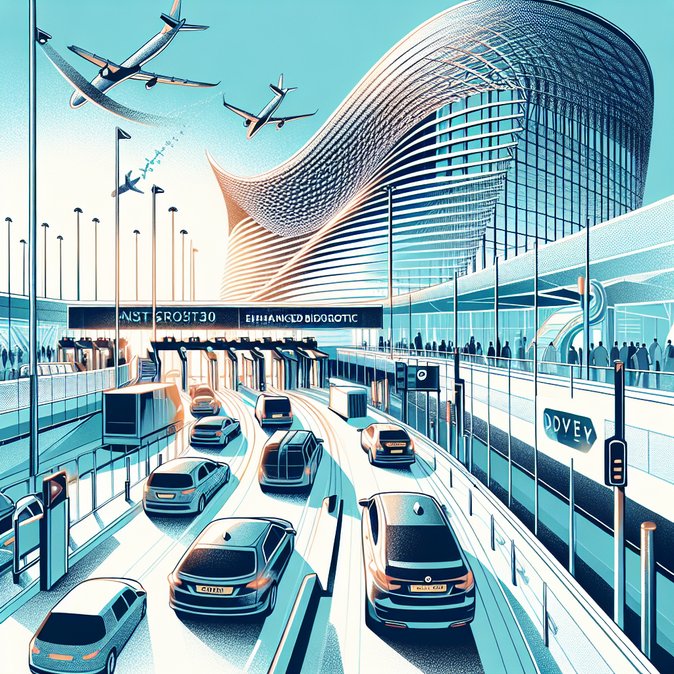
The Port of Dover announced on 10 November 2025 that it is postponing the introduction of full biometric Entry/Exit System (EES) checks for car and foot passengers until after the Christmas peak. The decision follows consultations with France’s Police aux Frontières, who operate juxtaposed controls in Dover under the Le Touquet Treaty.
Since 12 October, Dover has enrolled nearly 13,000 biometric profiles for coach and freight travellers—30 percent of all EES registrations logged by French seaports—but operators fear rolling in tourist cars during the festive season would generate unmanageable queues. The grace period means only traditional passport scans will be used for holidaymakers until early 2026.
![Dover Delays Tourist Roll-Out of Biometric EES Checks in Coordination with French Border Police]()
For French mobility planners the delay is a mixed blessing. On the one hand, Franco-British travellers will avoid potential bottlenecks during one of the busiest leisure-travel windows. On the other, France still needs to hit EU milestones: 10 percent of applicable crossings must be processed via EES by mid-November and 35 percent by mid-January. Border officials say they can achieve this by ramping up registrations on the French side at Calais and Dunkirk.
Corporate shuttle services that move staff between UK and French sites should continue advising passengers to allow extra time, as spot enrolments may still occur. Once the tourist roll-out begins, first-time EES users should expect a 3- to 5-minute registration, after which future crossings should revert to near-normal speeds.
The postponement underlines how critical Franco-British coordination remains even after Brexit. Failure to synchronise EES implementation could snarl supply chains and undermine the reputations of both ports. The next operational readiness review is scheduled for mid-December, after which a revised launch timetable will be published.
Since 12 October, Dover has enrolled nearly 13,000 biometric profiles for coach and freight travellers—30 percent of all EES registrations logged by French seaports—but operators fear rolling in tourist cars during the festive season would generate unmanageable queues. The grace period means only traditional passport scans will be used for holidaymakers until early 2026.

For French mobility planners the delay is a mixed blessing. On the one hand, Franco-British travellers will avoid potential bottlenecks during one of the busiest leisure-travel windows. On the other, France still needs to hit EU milestones: 10 percent of applicable crossings must be processed via EES by mid-November and 35 percent by mid-January. Border officials say they can achieve this by ramping up registrations on the French side at Calais and Dunkirk.
Corporate shuttle services that move staff between UK and French sites should continue advising passengers to allow extra time, as spot enrolments may still occur. Once the tourist roll-out begins, first-time EES users should expect a 3- to 5-minute registration, after which future crossings should revert to near-normal speeds.
The postponement underlines how critical Franco-British coordination remains even after Brexit. Failure to synchronise EES implementation could snarl supply chains and undermine the reputations of both ports. The next operational readiness review is scheduled for mid-December, after which a revised launch timetable will be published.


